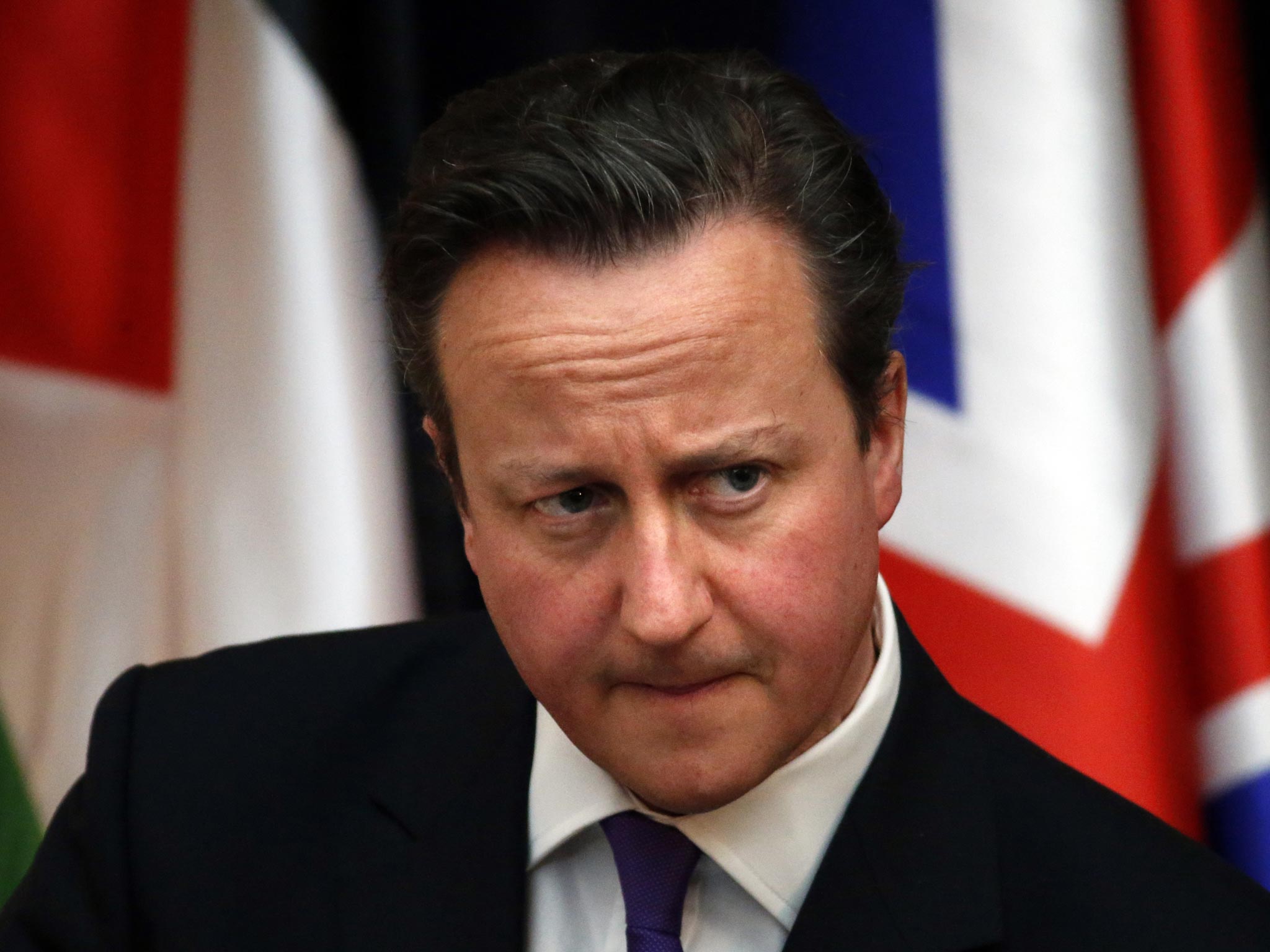What became of Cameron's Big Society Network?
Despite being deemed “high risk”, the Big Lottery Fund awarded it £830,000

Your support helps us to tell the story
From reproductive rights to climate change to Big Tech, The Independent is on the ground when the story is developing. Whether it's investigating the financials of Elon Musk's pro-Trump PAC or producing our latest documentary, 'The A Word', which shines a light on the American women fighting for reproductive rights, we know how important it is to parse out the facts from the messaging.
At such a critical moment in US history, we need reporters on the ground. Your donation allows us to keep sending journalists to speak to both sides of the story.
The Independent is trusted by Americans across the entire political spectrum. And unlike many other quality news outlets, we choose not to lock Americans out of our reporting and analysis with paywalls. We believe quality journalism should be available to everyone, paid for by those who can afford it.
Your support makes all the difference.Two months after the 2010 general election, David Cameron threw a reception in Downing Street to launch his “big idea” and the organisation that was to turn it into a reality.
Evoking the spirit of President Kennedy, the new Prime Minister asked the assembled guests to think what they could “do for their country” to create a Big Society and help the new Big Society Network deliver it.
But four years on, the Big Society Network is little more than a dormant, debt-ridden shell of a charity – and questions are being asked about whether the charitable proceeds of around three million £2 lottery tickets have been misused.
There are also concerns about whether Prime Ministerial patronage and Tory connections encouraged Britain’s largest lottery distributor to award a grant that was, at best, of questionable merit.
The story starts three months after the Downing Street reception when the Big Society Network was contacted by Big Lottery Fund. It asked if the Network would be interested in applying for funding.
As a result the charity submitted a bid for a project called “Your Square Mile” whose purpose was to encourage and enable local people to improve their community.
But despite assessing the application as “weak” in three out of the six criteria and judging the project “high risk”, the Big Lottery Fund awarded it £830,000.
It did not take long to unravel. By February 2012 the project had attracted just 64 signed-up groups – compared to the million predicted.
Next the Cabinet Office got its fingers burnt with the Network. In April 2012 it awarded a grant of £299,800 for the “Get In” project – to tackle childhood obesity through sport.
So keen was the Cabinet Office to help that it changed its normal eligibility criteria to ensure that it fell within the rules. But “Get In” was also a flop.
Despite this track record the following year the Big Lottery Fund decided it was worth another grant.
It awarded it £997,960 in April 2013 for a project called “Britain’s Personal Best” which aimed to build on the Olympic Games by encouraging people to excel in athletic, educational or creative challenges.
Six months later, the Fund suspended payments because the Network was not making “sufficient progress against agreed targets”.
What makes the situation more concerning is the deep connections between the Network, David Cameron and the Conservative Party.
One of the Network’s trustees is Giles Gibbons – a former business partner of David Cameron’s “blue skies guru” Steve Hilton. The chairman is Martyn Rose, who has worked with both Theresa May and Michael Gove, while the chief executive is Steve Moore who once worked for the former chief whip Lord Young.
At the time of the second grant, the Big Lottery Fund was chaired by the former Tory MP Peter Ainsworth.
All this raises serious questions for the Big Lottery Fund, the Cabinet Office and the Tories. Overall £1.8m has been spent with no appreciable gain. Not all projects will succeed but the track record of the Network is lamentable. It needs to be investigated further.
Join our commenting forum
Join thought-provoking conversations, follow other Independent readers and see their replies
Comments